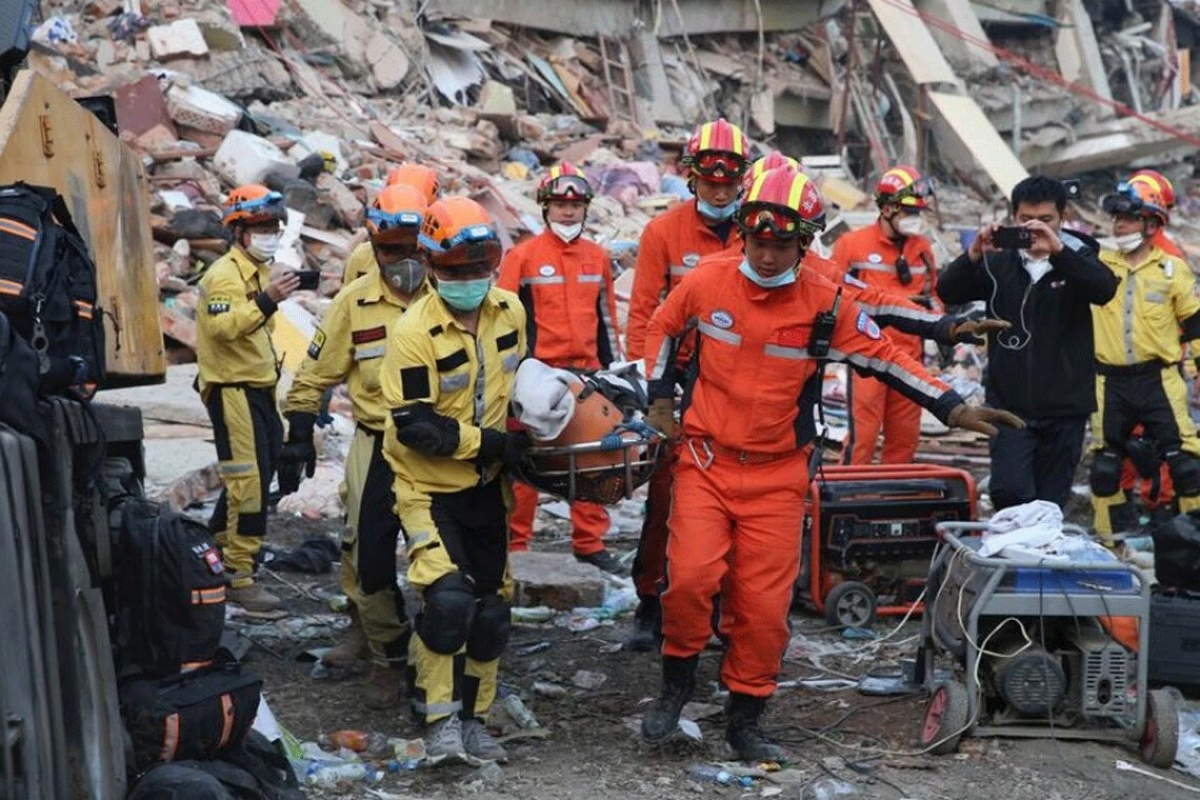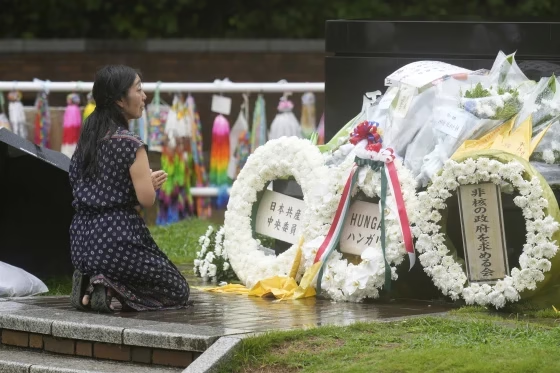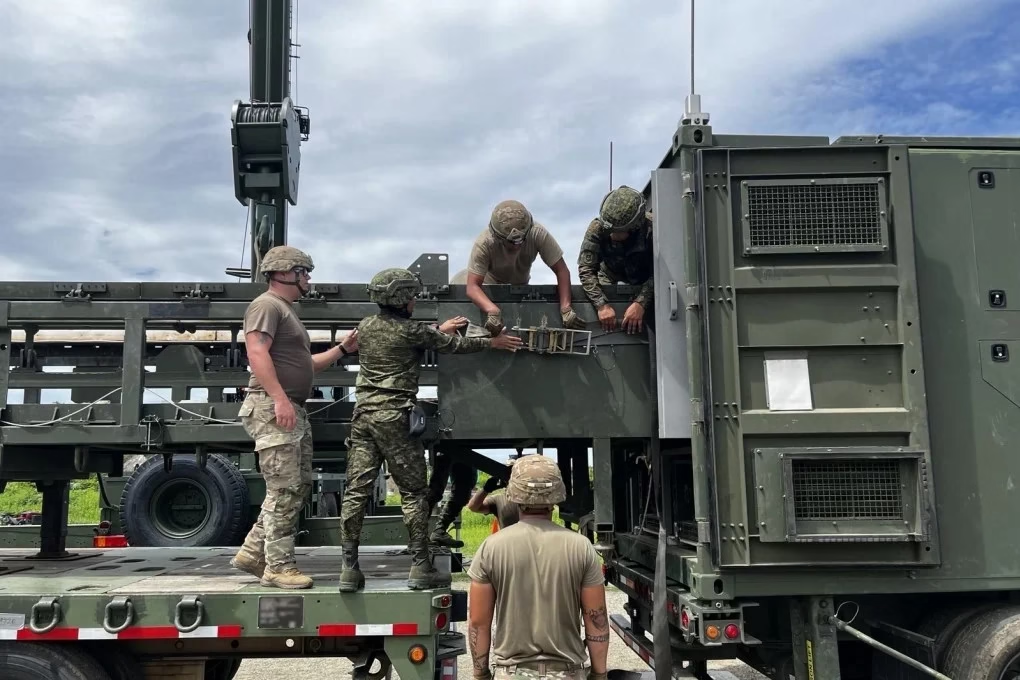The death toll from Myanmar’s catastrophic March 28 earthquake has risen to 3,354, with at least 4,850 injured and 220 still missing, according to state media on Saturday. The United Nations’ top humanitarian official praised the courage and commitment of local aid and community groups who are spearheading relief efforts despite immense personal loss.
UN aid chief Tom Fletcher, who visited the quake-hit Mandalay region, wrote on social media platform X: “Many themselves lost everything, and yet kept heading out to support survivors with courage, skill and determination.”
The earthquake has deepened the crisis in Myanmar, where a civil war has displaced over 3 million people since the military coup in 2021. The country is grappling with widespread food insecurity and a collapsing healthcare system, leaving over a third of the population in need of humanitarian assistance, according to the United Nations.
Meanwhile, military junta leader Senior General Min Aung Hlaing returned to Naypyitaw after attending a regional summit in Bangkok, where he met leaders from Thailand, India, Sri Lanka, Bhutan, and Nepal. During a meeting with Indian Prime Minister Narendra Modi, he reiterated the junta’s plan to hold “free and fair” elections in December.
However, Modi urged that the post-earthquake ceasefire be made permanent and stressed the need for elections to be “inclusive and credible.” Many critics have dismissed the proposed election as a ploy for the military to retain control through proxies.
The UN Office of the High Commissioner for Human Rights accused the military regime of restricting aid to quake-affected areas where communities oppose its rule. It is currently investigating 53 attacks, including 16 airstrikes carried out after the ceasefire, allegedly targeting junta opponents.
As Myanmar struggles with a humanitarian emergency layered atop political turmoil, the international community continues to express concern about the junta’s obstructive role in aid delivery and its grip on power.



